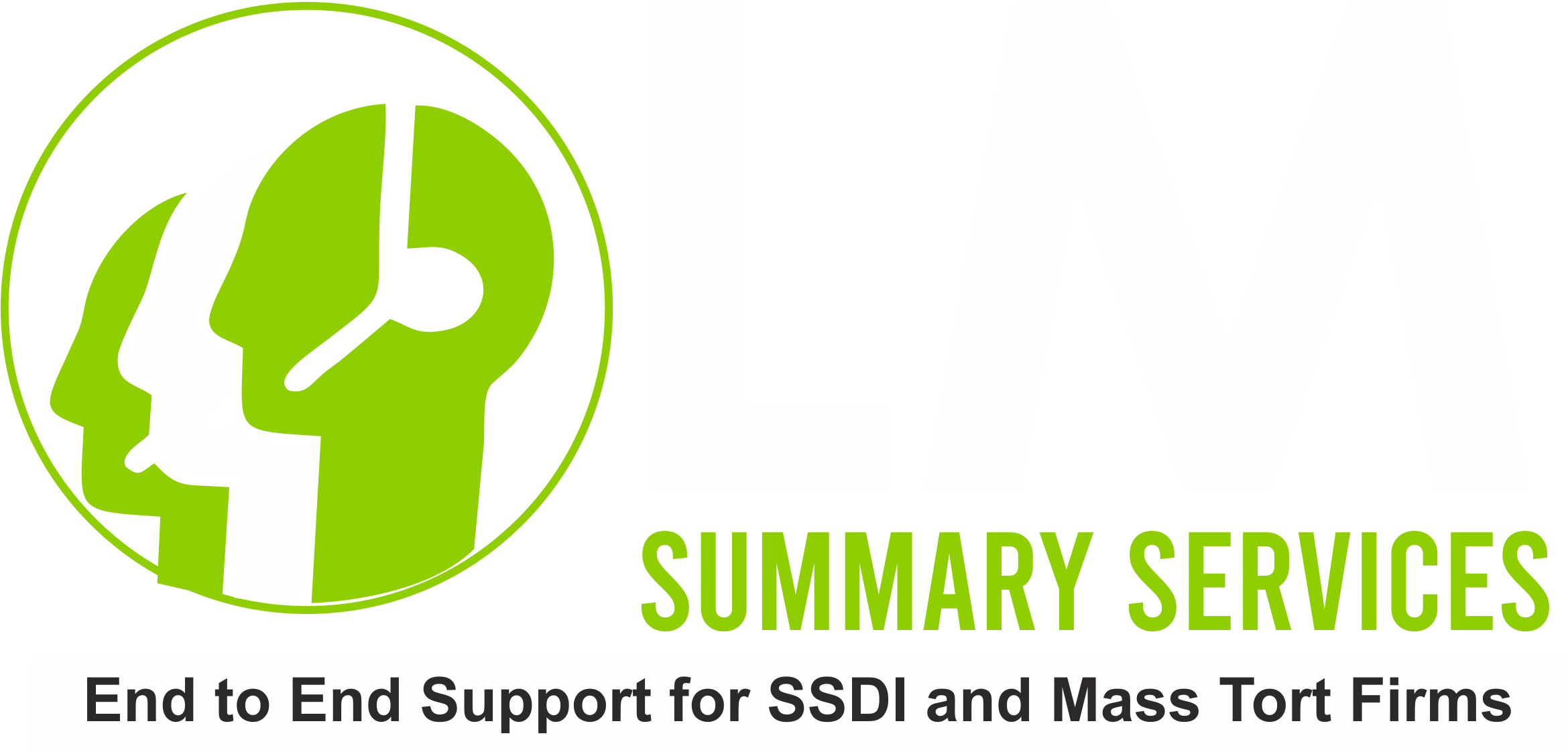When it comes to disability and injury law, as in other parts of the legal profession, evidence is everything. Judges want to see that your clients have an established medical history that proves their claim, often backed up by expert opinions and doctors’ records. But one other tool that lawyers can use in these cases — whether you’re litigating social security disability, personal injury, VA disability or workers’ compensation — is medical case scenarios. These documents, which record cases involving specific injuries or illnesses and track what happened to the health of the person involved, can help you study previous cases similar to your clients’ and work out a strategy for your current case.
Medical case scenarios can be beneficial for several reasons. First, they can help you (and a judge) understand what options exist for a person going through the specific condition that your client faces, and thus what they’re legally owed in terms of compensation. They can also help provide evidence that supports the claim that your client is making, which may otherwise be difficult to come by.
Another way you can bolster your client’s chances of getting their claim approved is through experts’ medical opinions, which are invaluable in cases where it’s unclear whether your client can actually work again or not. Medical experts can provide valuable evidence explaining why your client is no longer able to work and can go through the specific medical reasons for the symptoms they are experiencing. This goes a long way toward convincing a skeptical judge who otherwise might not see your client’s condition as a very significant obstacle.
The bad news is that both of these tools — medical case scenarios and experts’ medical opinions — take a lot more time and effort than you probably have, even if you feel that they’re necessary. The good news is that both can be easily done through a legal summary service, which can gather information for you and put it together in a readable and comprehensive format for you to present in paperwork or in court. That way, you can focus on working with your client instead of conducting research and writing up briefs, which can instead be done quickly and efficiently by experts who specialize in summary writing.
